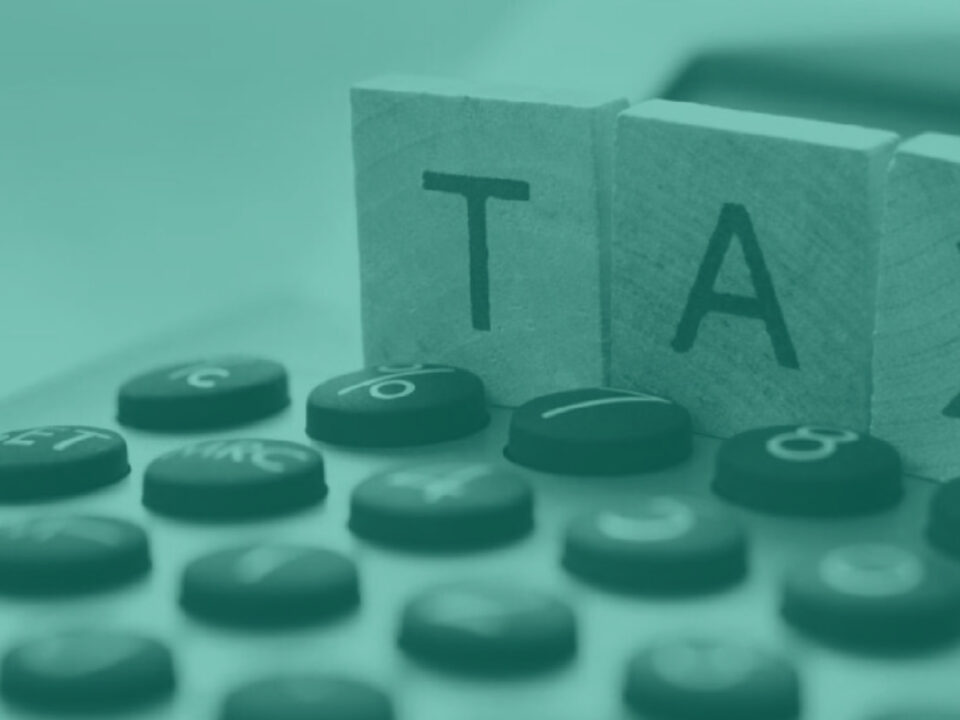TAXATION
As a general principle, individuals are taxed for personal income, including employment or other personal income, in their country of residence. If, based on the above residency guidance, your residence is the UAE, then personal income tax in the UAE would be applicable. However, the UAE does not levy any personal income tax, making the individual not liable to pay tax on income from employment or any other personal income.
Self-employed individuals (e.g., freelancers) might be subject to Corporate Tax in the UAE. From a business perspective, it might be helpful to set up a free zone and be taxed at 0% Corporate Tax, especially if you are also providing freelance work to clients outside the UAE.
It could also be advantageous if you are conducting business internationally to relocate to the UAE and manage your business and investments via a free zone entity located in the UAE. Based on the activities, in principle, no Corporate Tax will be applicable to income generated from abroad by your free zone entity, and you could make dividend distributions to yourself with no tax burden in the UAE.
FREE ZONE ENTITIES
Businesses established in the UAE free zones are, in principle, subject to Corporate Tax at a tax rate of 0% or 9%. The rate of 0% is applicable if the free zone entity is regarded as a so-called qualifying free zone entity with qualifying income. Qualifying income is considered if:
- the income is derived from other free zone entities,
- income is derived from non-free zone entities with respect to qualifying activities,
- income is derived from the ownership or exploitation of qualifying intellectual property,
- any other income under the condition that the qualifying free zone entity meets certain minimum requirements.
A free zone entity must register for Corporate Tax, and a Corporate Tax return must be filed within 9 months after its tax period (normally a calendar year) ends. The Corporate Tax was introduced as of June 1, 2023, and the first tax period for most free zone entities will start on January 1, 2024, and end on December 31, 2024. The deadline for filing the Corporate Tax return is then September 30, 2025.
AVOIDANCE OF DOUBLE TAXATION BASED ON THE DOUBLE TAX TREATY (“DTT”)
It might occur that, although your tax residence is the UAE and thus no personal income tax is applicable, you might be taxed in your home country on certain types of income that arise in your home country. A Double Taxation Treaty (DTT) concluded between the UAE and your home country would ensure that so-called double taxation will be avoided. Furthermore, a DTT would encourage cross-border trade and investment. DTTs typically establish rules for determining the tax residency of individuals (and legal entities) and the allocation of taxing rights between countries regarding certain types of income, such as reduction or no withholding taxes in your home country on certain transfers like dividends, interests, and royalties.
The UAE has concluded DTTs with most of its trading partners, including India, China, the US, the Netherlands, various countries in Africa and South America, and the UK.
CASE STUDY
As an example, typically, capital gains on a substantial shareholding of a Dutch BV held by a resident of the UAE would trigger personal income tax in the Netherlands. However, based on the DTT between the UAE and the Netherlands, these capital gains are allocated to the UAE for taxation. In the UAE, no personal income tax for individuals will be applicable to the taxation of capital.
The Tax department at Creation Business Consultants could assist you with your personal and corporate tax planning when moving to the UAE. For a free no commitment consultation, email [email protected] or call on +971 4 8786240 today.







